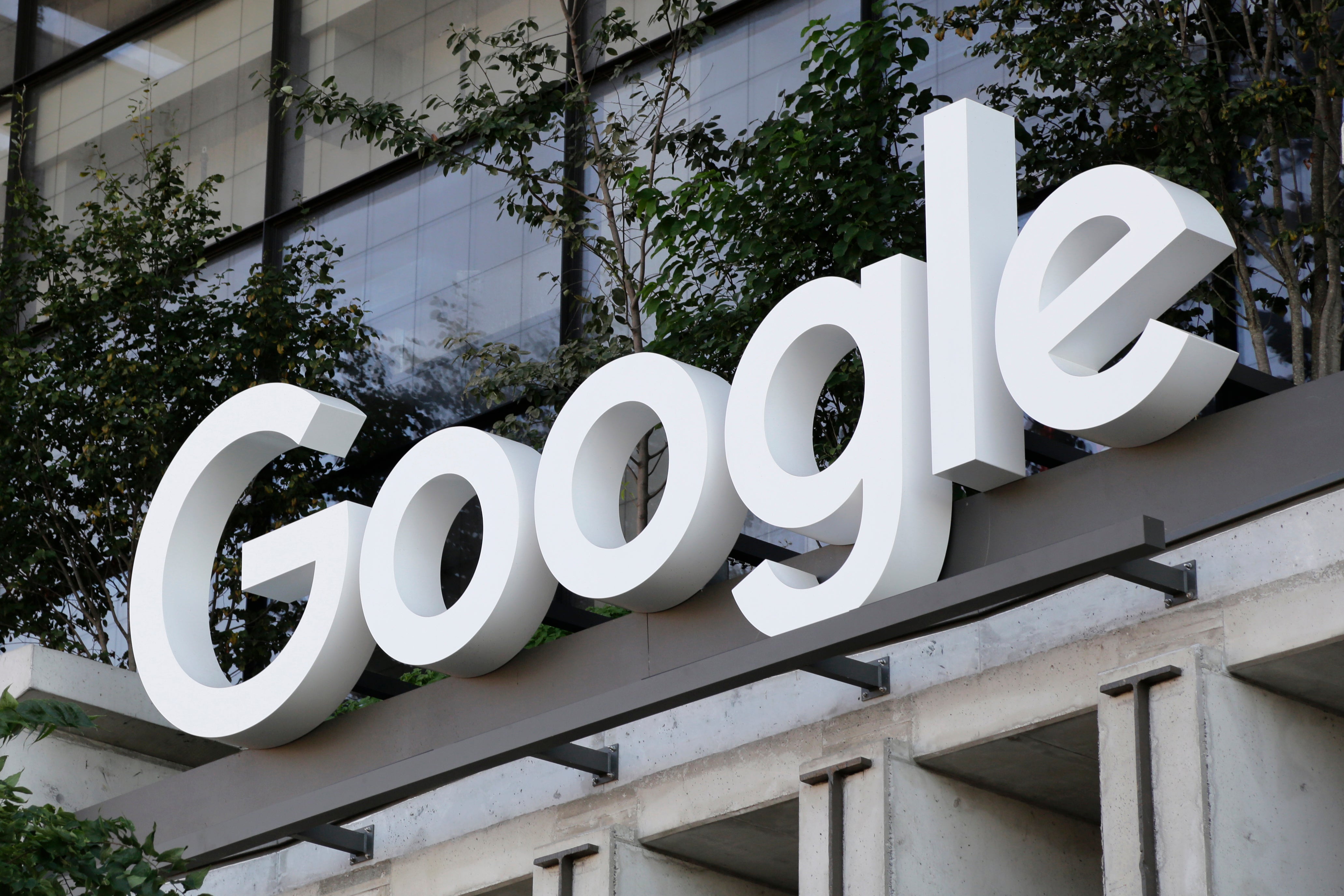The majority of Gen Z workers are using generative A.I. tools in their jobs, according to a new survey.
The Harris Poll and Google Workspace research also found a resounding 93 percent of those who identified as Gen Z used two or more tools on a weekly basis. And, 79 percent of millennials do the same.
Google released the findings on Monday, and the organizations received responses from more than 1,000 U.S.-based “knowledge workers,” such as engineers, tech workers, analysts, and others whose main capital is what they know.
The participants were between 22 and 39 years old and either have or aspire to hold a leadership role at work.
“Our research shows that emerging leaders are adopting A.I. to increase their impact at work,” Yulie Kwon Kim, Google Workspace’s vice president of Product, said in a statement. “Rising leaders are not simply using A.I. as a tool for efficiency, but as a catalyst to help grow their careers.”
The survey also found that 82 percent of those individuals are leveraging A.I. tools in their work, with 70 percent using the technology for drafting emails or helping overcome language barriers.
When it comes to writing, 88 percent said that A.I. could help them use the right tone and 87 percent said it could make them more comfortable composing longer emails.
Furthermore, 90 percent said they would be more confident joining meetings “on the go” if they knew A.I. was taking notes for them.
Google also said its data shows how A.I. can help to scale business-critical skills, such as collaborating with others, communicating effectively, and leading a team. For example, 86 percent of respondents said A.I. could help make leaders become better managers, and 47 percent said it could aid communication to improve problem solving.
Nearly all – 98 percent – anticipate that A.I. will have an impact on their industry or workplace within the next five years.
“The future of work is here – and it’s A.I.-powered,” Kwon Kim added. “Rising leaders are not only advocating for A.I. – they’re deploying this technology in meaningful ways, from improving communication with colleagues to freeing up time for strategic work.”

Google has major financial stakes in the success of A.I., and Google Workspace includes multiple A.I.-powered tools.
Earlier this year, citing needs for new electricity sources to support A.I. technologies, Google said it would buy power from the nuclear energy company Kairos Power and expects to bring the first small modular reactor online by 2030.
The announcement came after a similar move by Microsoft, as companies increasingly look for cleaner energy sources that can also meet surging demand from data centers and artificial intelligence.
With reporting from The Associated Press







